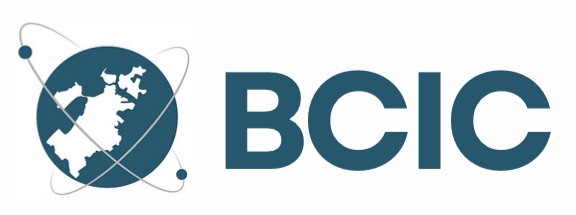TCFA Boston 2016 Spring Reception Held at Harvard University
Darkest before dawn? Challenges and opportunities in emerging markets and China
Host: TCFA Boston and Harvard CSSA
Sponsor: Insigma Hengtian Software

 The Chinese Finance Association (TCFA) Boston Chapter held its 2016 spring reception on March 31th, 2016 in Harvard University, Cambridge MA. This event attracted more than 200 attendees including scholars, fund managers, students,etc. in greater Boston area who are interested in the current economic issues in emerging markets especially China.
The Chinese Finance Association (TCFA) Boston Chapter held its 2016 spring reception on March 31th, 2016 in Harvard University, Cambridge MA. This event attracted more than 200 attendees including scholars, fund managers, students,etc. in greater Boston area who are interested in the current economic issues in emerging markets especially China.
This evening was moderated by Liz Su, global equity analyst and the director of TCFA Boston. Keynote speakers include George R. Hoguet, managing director and global investment strategist of State Street Global Advisor; Dr. Gita Rao, Senior Lecturer in Finance and Associate Faculty Director of Master of Finance Program in MITSloan School, also founder and president of Aspari Capital; Wenhua Zhang,managing director of Azia Capital Partners.

At the very beginning, Min Yi, Co-chair of TCFA Boston, gave a warm welcome to all guests and attendees. Then he presented a brief overview about TCFA Boston, the associate community – Boston Chinese Investment Club and its upcoming CFA training program. And the three speakers made their keynote speech one by one after a short introduction by Liz Su.

Mr.George R. Hoguet began his talk on S&P’s recent downgrading China to negative and proposed three models to see if Chinese Yuan is overvalued. He concluded in 5 points that: 1. China is not in external disequilibrium thanks to its massive trade surplus and reserves; 2. China will remain a output growth of 6.5% with risks to the downside; 3. though many countries failed in the defense of pegs, the initial conditions in China are very different; 4. China’s exchange rate policy will balance between political and economic considerations; 5. a large one-off maxi devaluation in China would increase global asset market volatility, but the real effect would vary significantly by region.


Mr.Wenhua Zhang agreed with the remarks put forward by Mr. Hoguet. However, given the fact that China is suffering a slow-down in its output growth with a high debt burden, and current pace of credit growth is not sustainable, China still matters to the world. He also pointed out that the trend of RMB depreciation could continue, and failure to manege “the orderly depreciation” could trigger further capital outflow. Moreover, since China has entered “a new normal”,shifting its economy from investment and export to consumption, there would be more attractive opportunities in Internet, tourism, and many service sectors.As for stock picking strategies, he suggested a bottom-up stock selection for active managers in this backdrop macro environment.


Dr. Gita Rao presented two faces of current China as it is now on its way of economic structure transformation. On the one hand, the “Old China” is faced with problems like massive shrinking of capacity and labor force in many industries, retraining for migrant labor, unfavorabledemographics, environmental issues and unmet needs of rural population. So it is likely that there would be large demands in industries such as home health services & senior living, adult education & re-training, water, air &soil purification, etc. On the other hand, the “New China” booms in many fieldslike e-Commerce market, mobile phone enabled commerce and disintermediation esp. in financial services. It has also invested huge money in R&D, thus more and more knowledge workers are engaged in high-tech, pharmacy and life sciences.She finally pointed out medium-term opportunities might lay in tech, healthcare and consumer service, and in the long-run environmental remediation should be a winner.


In the Q&A session, all speakers shared their opinions on the recent skyrocket real estate price in China and the regulations by government. Mr. Wenhua Zhang shared with the audience how to tell if a company is worth investing. Mr. Hoguet ended with his analysis why a one-off quick but moderate currency devaluation is not the most likely approach by China.


This spring reception was successfully held with the help of Harvard CSSA and our sponsor Hengtian. And we look forward to more future collaborations with financial and academic institutions in greater Boston area.

(By Jie Zhu)
——————————————————————
Boston Chinese Investment Club (BCIC) is a non-profit organization founded by TCFA (The Chinese Finance Association) Boston organizers in 2011. It serves as Boston centered platform for exchanging ideas, knowledge, and information in finance and related areas between US and China. Main activities include monthly seminars/gatherings and providing services to members, e.g financial training.
If you want to join the mailing list,please click here or contact boston.chinese.investment.club@gmail.com.
